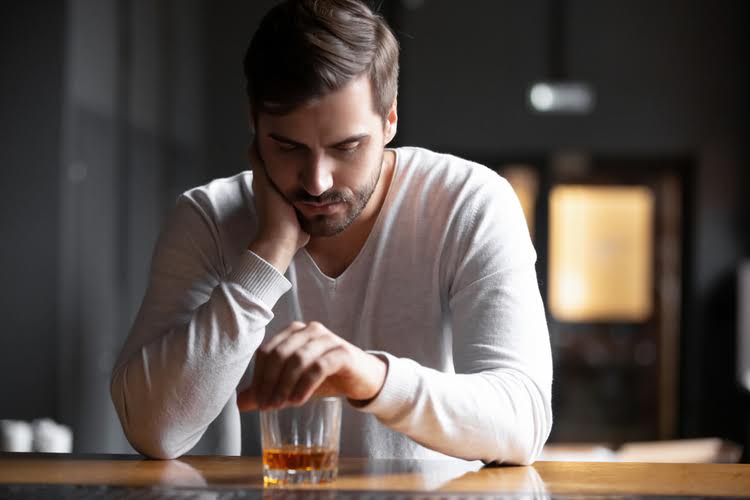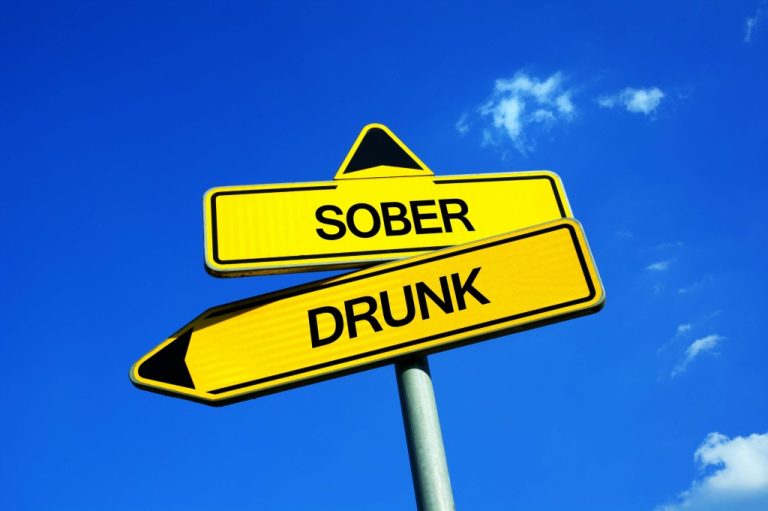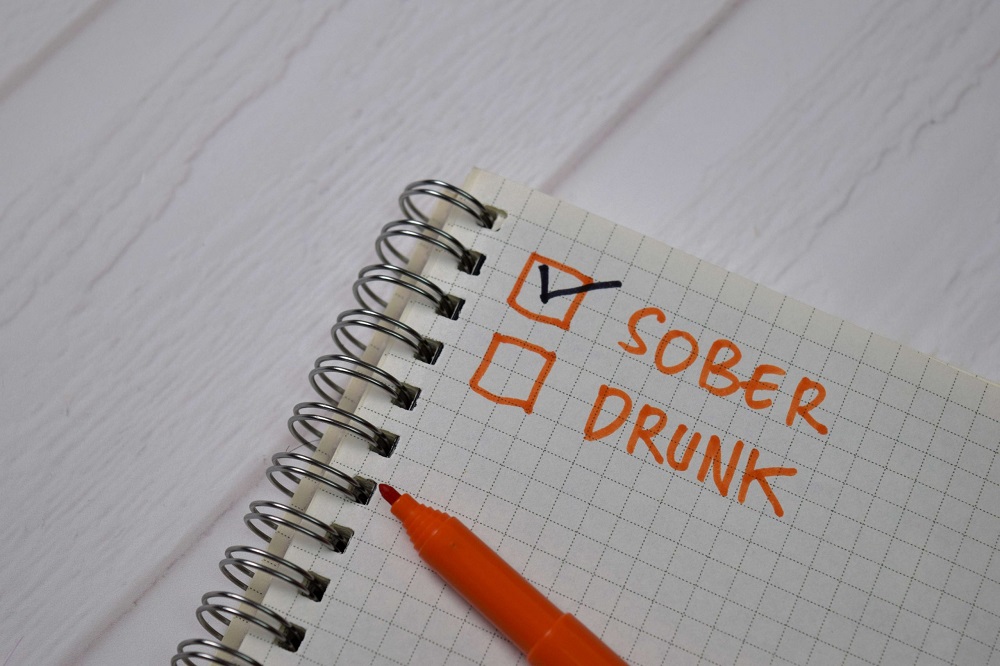You may be an addict yourself, or you may have a loved one looking to quit drugs or alcohol addiction without going to rehab. Education efforts should focus on the legal implications of marijuana use, health risks, and coping strategies for resisting peer pressure. These programs, modeled after Alcoholics Anonymous, offer a structured approach to recovery through peer support and accountability. Participants work through a series of steps to foster personal growth and sobriety. These cognitive effects are detrimental to an individual’s personal and professional life and have long-term consequences on their overall well-being.
Caregiver Stress and Caregiver Burnout
Learning new coping skills for dealing with unpleasant feelings is another pillar of recovery. Even though it can be a challenge, the benefits of overcoming addiction far outweigh any perceived benefits of continuing substance use. Closing off your life to non-addicts is a steep price to pay for quitting your addiction. Whether or not you join a support group for substance abusers, you need to continue to balance your life https://www.yoga-central.net/value-credentials-and-extra-tips-for-choosing-one.html with other social supports for sobriety and change.
There are options for medications to help alleviate withdrawal symptoms. In some cases, you may need medical supervision during the detox process. Rehab staff members can also teach you with coping skills for when https://bigbars.ru/bb8801.html you feel cravings to use drugs or are experiencing any negative emotions.
Find Long-Term Support
Biological changes occur in your brain during withdrawal as your body seeks homeostasis, causing a mix of physical and emotional symptoms. You might experience some, all, or none of these, depending on the length and intensity of your addiction. That said, If you’ve been drinking excessively, then stopping drinking cold turkey can lead to withdrawal symptoms. By avoiding alcohol, you’re taking a big step toward improving physical health. As you begin to notice those health benefits, you’ll likely feel more energized and inspired to keep up your progress.

How to Naturally Recover from Addiction (Without Treatment)

Nevertheless, many treatment programs, including Alcoholics Anonymous, require a commitment to complete abstinence as a condition of admission. Millions of people do, whether they were once compulsive users of opiates, alcohol, or gambling. There is enduring resolution of what once was problem behavior. In addition, addictions can sometimes mask underlying mental health problems, such as anxiety, depression, sleep disorders, and even psychosis. If you are feeling blue or agitated, or you are concerned that the world or other people seem strange or upsetting since you quit, talk with a doctor. For alcohol and drug addictions, it is a good idea to talk to a doctor or local drug clinic about whether you need medical help in quitting.
By supporting those close to you to take active steps toward recovery, you help them open the door to a brighter, more fulfilling future. The need to quit an addiction is like traversing a vast landscape with mountains to climb, rivers to cross, and valleys to navigate. But whether they choose to embark on this journey solo or seek guidance from seasoned trailblazers, know that they have the inner strength, resourcefulness, and determination to reach their destination. So, encourage them to lace up their boots, and let’s explore some more tips that can help support their recovery, both on their own and with professional advice.
Time
- What else could you do to let off steam after a difficult day at work or being angered by a co-worker?
- In detox, medical staff members can provide you with the treatments necessary to alleviate your withdrawal symptoms and prevent any severe withdrawal symptoms from occurring, thus protecting your health.
- It’s about nurturing the seeds of positive change, caring for one’s well-being, and cultivating a vibrant, fulfilling life.
- This is because chronic substance abuse actually alters the brain’s chemical makeup and can lead to mental health problems.
“They fought to only keep me in rehab for 14 days; they didn’t want to pay for 30, and I knew that wasn’t enough for me,” Rasco recalled. “They didn’t want to put me in a halfway house. I knew I needed a half-way house.” He was also able to convince his insurance company to pay for longer-term treatment. While tragic, the 100,000 fatal drug overdoses last year actually claimed the lives of a tiny percentage of the 31.9 million Americans who use illegal drugs. You might even feel let down and disappointed that something that felt so good turned out to be harmful, and leaving such a big part of your life behind might feel like grieving. You may also consider joining an online support group to help you feel less alone.
Anticipate Changes in Relationships

Coping with marijuana addiction involves understanding the nature of cannabis dependence, recognizing withdrawal symptoms, and seeking appropriate support. Recovery from addiction is not only possible, it is the rule, rather than the exception. S. National Survey on Drug Use and Health, more than 75 percent of people addicted to alcohol or drugs recover—their condition improves and substance use no longer dominates their life. https://vmeda.spb.ru/page4.html It is often a long and bumpy path, and relapse is nearly inevitable—but that doesn’t spell the end of recovery. You can start your journey to a sober life and don’t have to do it alone. Get help quitting drugs or alcohol by seeking a substance abuse rehab treatment program.
Treat Co-Occurring Mental Health Conditions
The DSM-5 criteria also emphasize the importance of assessing for any co-occurring mental health disorders that contribute to an individual’s cannabis use. The DSM-5 outlines specific criteria for diagnosing CUD, requiring at least two of eleven criteria to be met within 12 months. Treatment options, such as therapy and support groups, can help individuals manage cravings, improve their mood and cognitive function, and rebuild social connections.
